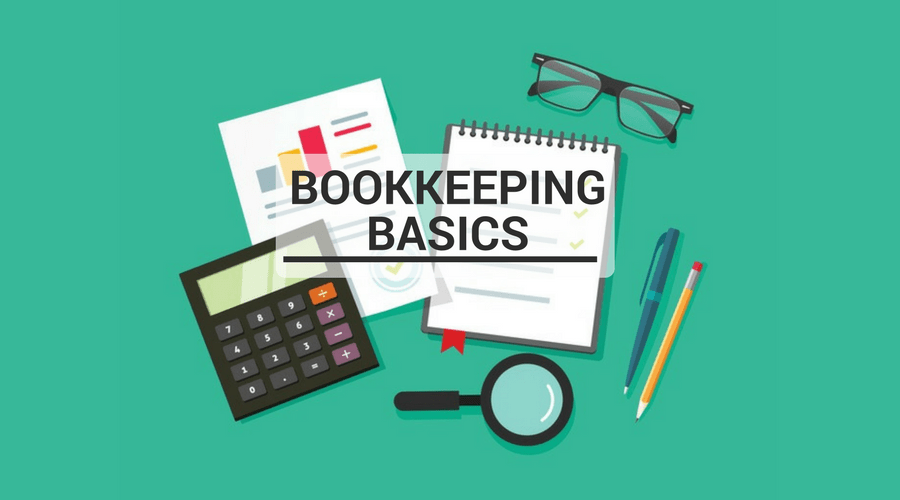As a Small Business Owner, How Can I Pay Myself?

As a small business owner, you have a few ways you can pay yourself. The options available to you mostly depends on your business’s entity type.
| Business Entity | Ways to Pay Yourself |
|---|---|
| Sole proprietorship | owner’s draw |
| Partnership | guaranteed payments distributions |
| Corporation | distributions salary |
| LLC | owner’s draw distributions salary |
| S Corp | distributions salary |
Owner’s draw
An owner’s draw is the withdrawal of cash or other assets from the company for the personal use of its owner. It will reduce your capital and equity in the business. If your small business is a sole proprietorship or single-member LLC, you’ll pay yourself through a draw.
Guaranteed payments
Guaranteed payments compensate a partner in a partnership for services rendered or for the use of their capital. These payments ensure that the partner is paid, even if the small business is not profitable.
Distributions
Distributions are funds or other assets paid regularly to shareholders from the business’s profits. You may be paid through distributions if you’re a shareholder in a corporation or S Corp. You may also receive distributions if you’re a member of a partnership or multi-member LLC. Read also: How to Choose a Business Structure
Salary
If you become a W-2 employee for your own company, you’ll pay yourself a regular salary, just like you pay your employees. You’ll cut yourself a paycheck, withhold taxes, and make payments for the employer and employee shares of those taxes. You can receive a regular salary if you’re a member of a corporation or S Corp, or if your LLC has elected to be treated as a corporation for tax purposes.
Your business entity and the way you’re paid will determine what income tax return forms you need to file each year. Learn more about income tax returns for small businesses.
Why do small business owners need to pay themselves?
You’re busy every day trying to grow your small business, support your family, and take care of your employees. You also need to support yourself, including paying personal bills. Paying yourself regularly can help you keep your cash flow consistent in your personal life and your business.
If you’re not sure how much to pay yourself, consider the following:
- what services you provide to your business regularly
- how often you work in your business
- how much you made in your last position
- how much you would make if you were doing the same work for another company
Disclaimer: I am not a lawyer or tax professional. We strongly encourage you to speak with a professional to determine the best option for you and your business. For updated information about paying yourself, please visit the IRS.


